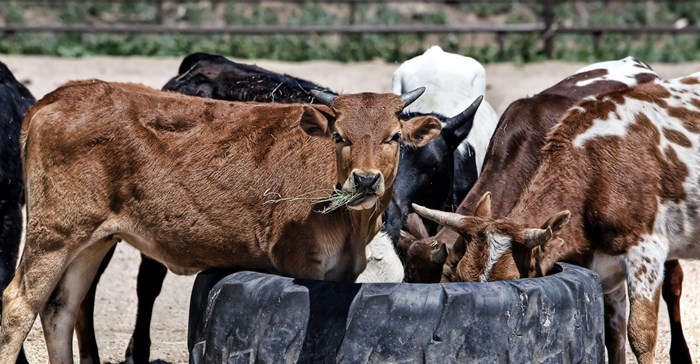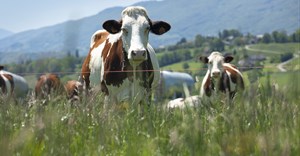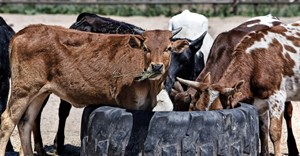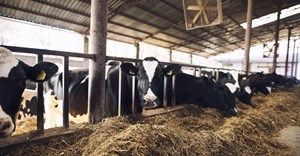Trending




 Sabre EMEA 2024 Awards: Razor PR, Retroviral top SA agenciesDanette Breitenbach
Sabre EMEA 2024 Awards: Razor PR, Retroviral top SA agenciesDanette Breitenbach
Elections 2024
Foot-and-mouth disease confirmed in cattle in Limpopo's Vhembe

According to the statement the samples were collected during a disease investigation after reports of cattle with lameness was received. A team of experts from the Department and the Limpopo Veterinary Services is on the ground conducting further investigations to verify the results and determine the extent of the outbreak.
"The FMD virus is highly contagious and can be spread easily on shoes, vehicles, people and animals that move or are moved," says Dr Peter Oberem, CEO of Afrivet. "The biosecurity measures must be applied to any object, animal or person coming from a suspected infected area and has to be strictly enforced by all farmers who want to survive this challenge."
The department further advised farmers not to allow any new animals into their herds, and to minimise the movement of their own herds to other farms.
The department has reported the outbreak to the World Organisation for Animal Health (OIE) which resulted in South Africa’s FMD-free status being temporarily suspended. "The consequential result of this outbreak means that farmers in South Africa have lost their trading ability for meat and other agricultural produce including wool," says Oberem. "This in effect can have a significant impact on farmers' operational activities and South Africa’s agricultural sector."
Afrivet is continuously doing advocacy work to amend the FMD controls implemented on an international level and to continuously influence the OIE and other world authorities to consider the concept of commodity-based trade. Through its intensive research studies, Afrivet aims to develop an independent system that will determine if a product is FMD free and certified as such even though it originates from an FMD area.
Commodity-based regulated products
Currently, FMD is regulated based on geographical classifications of whether a region is FMD-free or not. This means that the banning or elimination of importing and exporting activities of a product are based on proof that that area is free of FMD, not the safety of the product to be exported. "The benefits of a commodity-based regulation means that a product, for example, tinned meat can be exported from an FMD area as cooked or deboned and properly matured meat will be FMD free," says Oberem.
FMD is a severe, highly contagious viral disease which affects livestock with significant economic impact. The disease affects cattle, pigs (domestic and wild), sheep, goats, and other clove-hoofed animals. Any suspected case of the disease in animals must be reported to the local State Veterinarian immediately.
The disease does not affect human beings.









